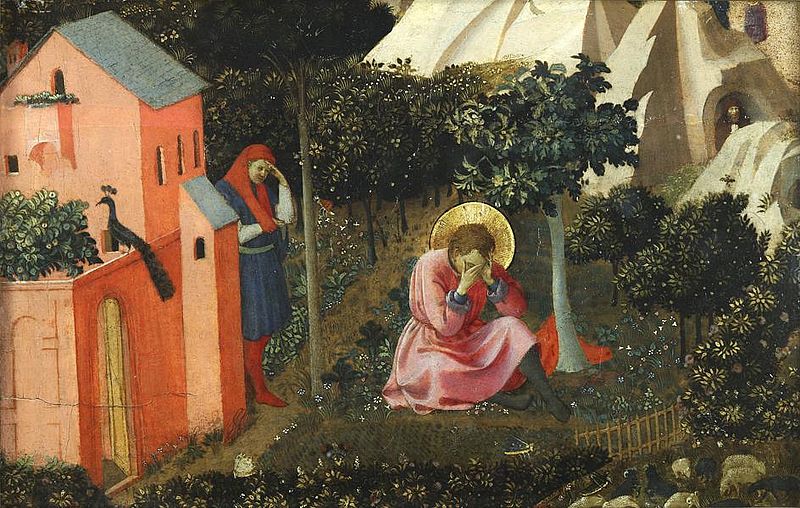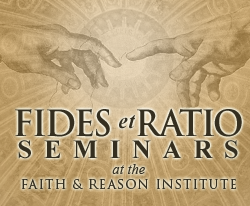Tolle, Lege
For a year and more, I’ve been trying to learn Biblical Hebrew. Studying Hebrew is not like learning French or Italian or German. It takes you back to when you first learned to read because you have to become fluent with strange letters you’re seeing for the very first time, and practice using them – reading backwards, from right to left, with vowels (such as they are) mostly running underneath the consonants, when they’re given at all. But if you do, you can rather quickly parse out, in the original, stupendously luminous phrases, such as וַיֹּאמֶר אֱלֹהִים יְהִי אוֹר וַיְהִי אוֹר (vayomer elohim yehi or vayehi or): “And God said let there be light, and there was light.” What does all the effort matter compared with that?
Vast consequences can flow from reading. St. Augustine of Hippo was a keen reader, but for most of the early part of his life restless and unhappy. It was only after getting to know the great archbishop of Milan, St. Ambrose, and after numerous wandering steps that one day in Milan, in a garden, he heard a mysterious voice – he was never able to identify the source – saying: Tolle, lege, “Take up and read.” He picked up a Bible, opened it at random, and finally found some peace after coming upon this from St. Paul:
Let us walk properly as in the daytime, not in orgies and drunkenness, not in sexual immorality and sensuality, not in quarreling and jealousy. But put on the Lord Jesus Christ, and make no provision for the flesh, to gratify its desires. (Rom.13:13)
Augustine must have already been familiar with the basic idea. But spurred by that mysterious voice, he read it almost like a child whose eyes were opened to the written words for the very first time.



